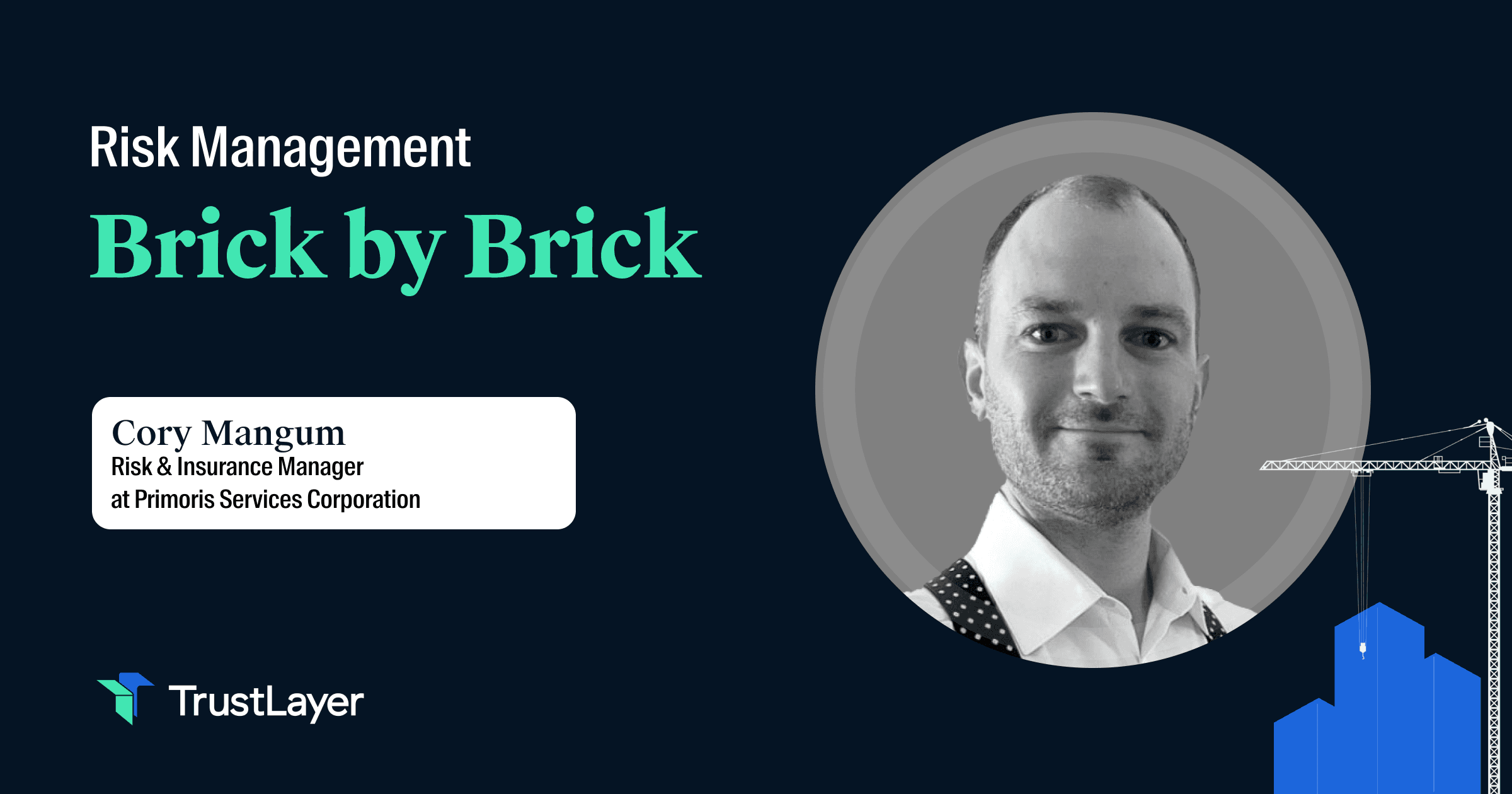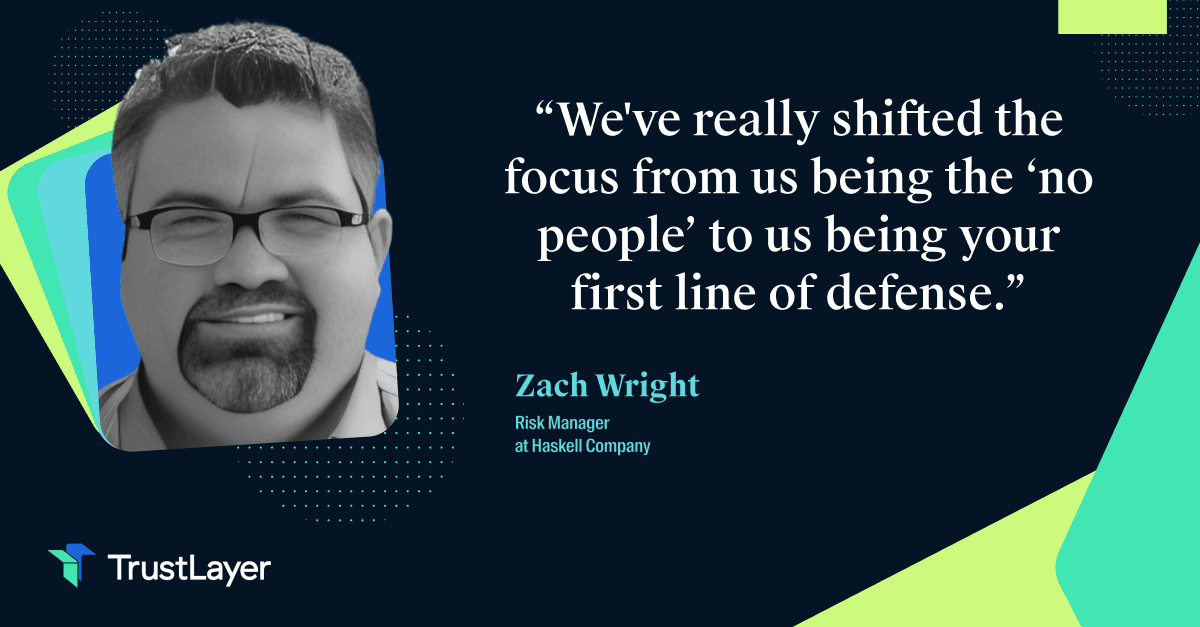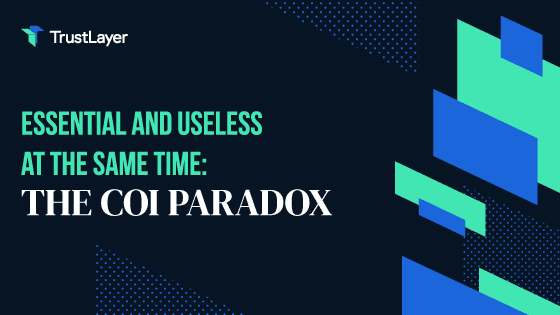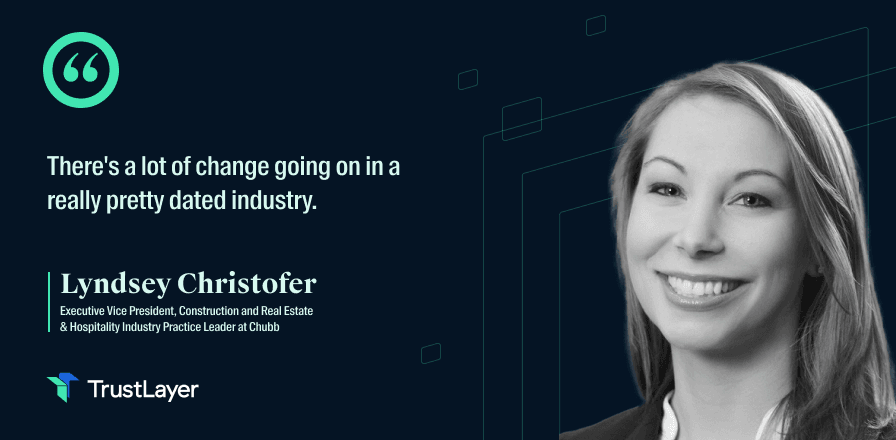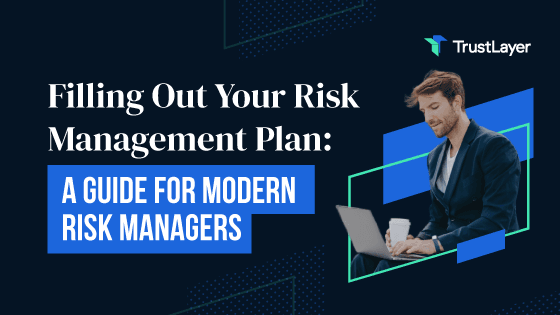In the sixth episode of Risk Management: Brick by Brick, Jason Reichl welcomes Cory Mangum, Risk & Insurance Manager at Primoris Services, to discuss the narrative around risk management. The conversation covers a number of topics including the tenets of intelligent risk-taking, its potential impact, and the psychology behind human-made disasters.
There are many reasons why people gravitate toward risk management. Most risk managers will tell you it is for pragmatic reasons. Conversely, Cory Mangum is motivated by passion. “I just had a fascination for disasters. And the University of North Texas had an actual program called Emergency Administration and Planning which is basically going to work for FEMA disaster management.”
The Human-Made vs Natural Disasters in Risk Management
Fascinated by the human side of risk management, he shifted his focus from natural disasters to human-made disasters in 2008. “So going from public sector to private sector so I can still have that same kind of impact on communities by helping them out through disasters.”
One of the most attractive aspects of the job is the ability to feed your curiosity. Across the board, the most effective people are curious by nature and always hungry for knowledge. Cory says that he “studied a lot of cognitive psychology. Daniel Kahneman is kind of the guru when it comes to decision-making, how it impacts, how we see risk, how we make decisions. But it's a complex question because it really comes down to the human level.”

The Role of a Risk Manager and it’s Impact on the Industry
Another rewarding aspect of the position is the ability to make a positive impact on society. Especially in the construction business because it touches virtually every other sector of industry. Cory likes to frame the role of risk management in the private sector as a catalyst for opportunities because, “I don't like to say that we build infrastructure. I'd like to say that we build opportunity. So, we go out into communities and we are putting fiber telecommunications underground so communities can have Wi-Fi, we're out there building roads so people can get to work. We're now working in renewables. So we're helping our entire country go from those legacy energy sources over to more green sources.”
Creating awareness and gaining support from your colleagues is a critical aspect of managing risk. In order to maximize their potential impact, risk managers must be tactful and able to bridge communication gaps to help decision-makers understand their options. When asked about his approach to communicating risk management, Cory suggested approaching it with an open mind and embracing failure as an opportunity to maximize value for shareholders.
“Come at it with an open lens and let's say a business leader comes to me and says, ‘Hey Cory, we want to chase this strategy. What do you think?’ You know, I don't come in there and say, ‘Oh, we need to stop because this is just a little bit too risky.’ We want to encourage risk-taking here. We want to encourage intelligent risk-taking. So if I can take that project, let's sit down and look at, okay, what are the risks out there?“
The Power of Data in Risk Management and its Impact on Firms
The power of data within construction companies suggests that companies should focus on employee data first when looking at cross-segment data. Cory says it is about
“really understanding what data is important, what's valuable to the organization. What data can actually create positive change for the organization and then finding a way to turn that data into knowledge and then from knowledge into action.”
As the show wraps up, Jason asks Cory if he had any career advice that helped him get to where he is today. Cory stresses the importance of the willingness to take risks, “I've really embraced failure, not fatal failures. Obviously, don't want to do anything where you get yourself fired or hurt yourself, anything like that. But really accepting failure as a learning experience.“

